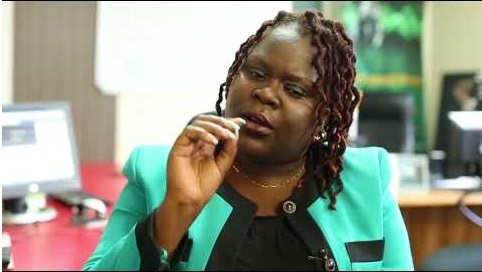|
Getting your Trinity Audio player ready...
|
Writes Linda Masarira
Zimbabwean women face numerous challenges that hinder their participation in politics and activism. These obstacles are deeply rooted in cultural, religious, and traditional beliefs that perpetuate gender inequality.
One major issue is the expectation that women should prioritize caregiving, household chores, and family duties over political engagement. This limits their time, energy, and opportunities for political involvement. Additionally, women are often looked down upon, and their capabilities are underestimated, leading to a lack of confidence and self-belief.
Religious sects, such as the Apostolic Church, restrict women’s leadership roles, perpetuating gender inequality. Similarly, some churches, like the SDA, do not allow women to become official pastors. These religious beliefs perpetuate gender stereotypes, confining women to submissive and nurturing roles.
Cultural beliefs and traditional practices also hinder women’s political participation. For instance, women are expected to prioritize family and domestic duties, and those who choose to pursue political careers are often viewed as neglecting their responsibilities. Moreover, women are often excluded from decision-making processes and leadership positions, perpetuating male dominance.
Education is also a significant barrier. In some families, boys are prioritized over girls, limiting women’s access to education and opportunities for political engagement.
The notion that women should submit to men, especially in customary marriages, perpetuates gender inequality. This belief is often reinforced by churches and cultural practices, restricting women’s autonomy and agency.
To address these challenges, Zimbabwe needs to implement policies and programs that promote gender equality, challenge harmful gender stereotypes, and support women’s political participation and activism. This includes education and awareness-raising initiatives, quota systems, and mentorship programs.
By addressing these barriers, Zimbabwe can empower women to take on leadership roles, participate in politics, and contribute to the country’s development. It is essential to recognize the value of women’s participation in shaping a more inclusive and equitable society.
#ActionForEquality #TimeIsNow
#YourVoiceMatters #TimeToAct






